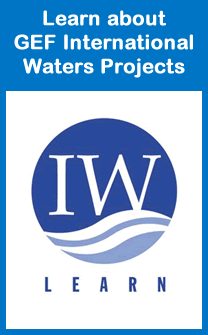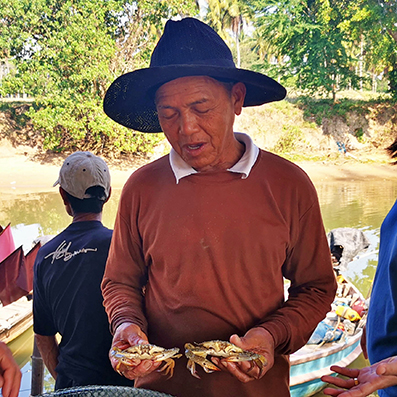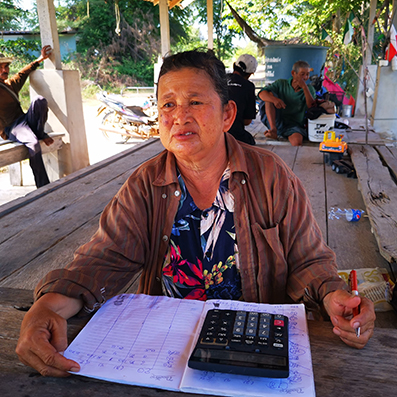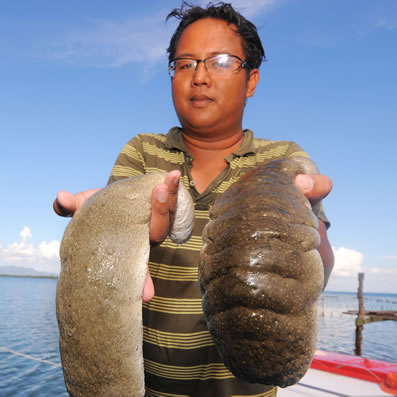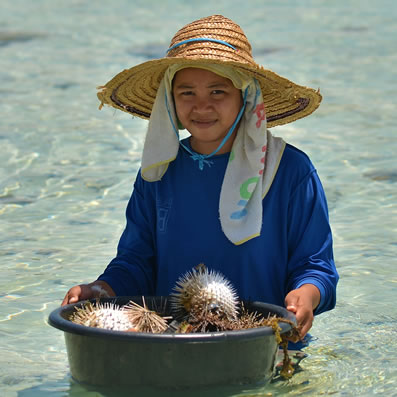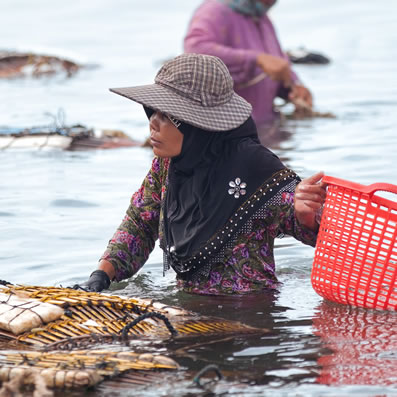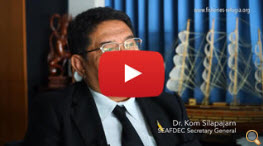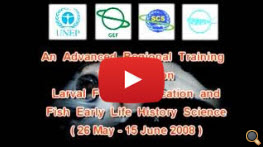THE SOUTH CHINA SEA FISHERIES REFUGIA INITIATIVE
FISHERIES REFUGIA PROJECT SITES
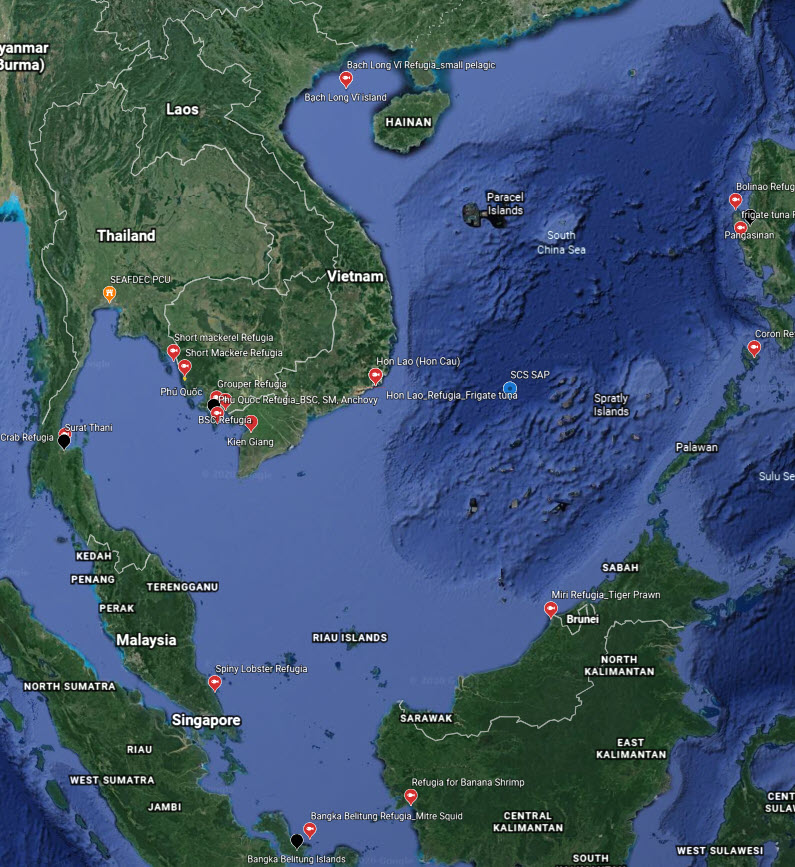 Click Here for
Click Here for More
Information
SCS SAP PRIORITY SITES (Habitat Linkages)
 All SCS SAP and
All SCS SAP and Fisheries Refugia
Priority Sites CHINA HABITAT
SITES CAMBODIA HABITAT
SITES INDONESIA HABITAT
SITES PHILIPPINES HABITAT
SITES THAILAND HABITAT
SITES VIET NAM HABITAT
SITES
Meet our Stakeholders
Social Media
Social Media
Harmony beneath the waves
A symphony of restoration towards fisheries refugia approach
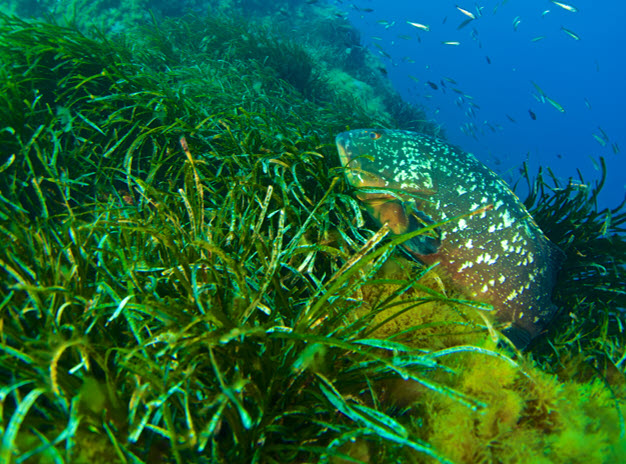
At the heart of coastal communities, where the rhythmic waves meet the whispers of the wind, a profound initiative is taking root—a symphony of restoration aimed at revitalizing our oceans and nurturing the sustainable blue economy. The Fisheries Refugia Concept unfolds as a beacon of hope amid declining fish stocks and habitat degradation plaguing marine ecosystems. The Fisheries Refugia Concept provides solutions and a paradigm shift to the challenges of overfishing and environmental degradation in the South China Sea, calling for orchestrating a transformative role in restoring fish stocks and boosting the sustainable blue economy. The concept embraces an ecosystem approach — a holistic strategy that acknowledges the interdependence of species and habitats, emphasizing the need for comprehensive restoration rather than piecemeal interventions.
Read more ...AMS biologists enhance their knowledge and skill in the larval fish identification
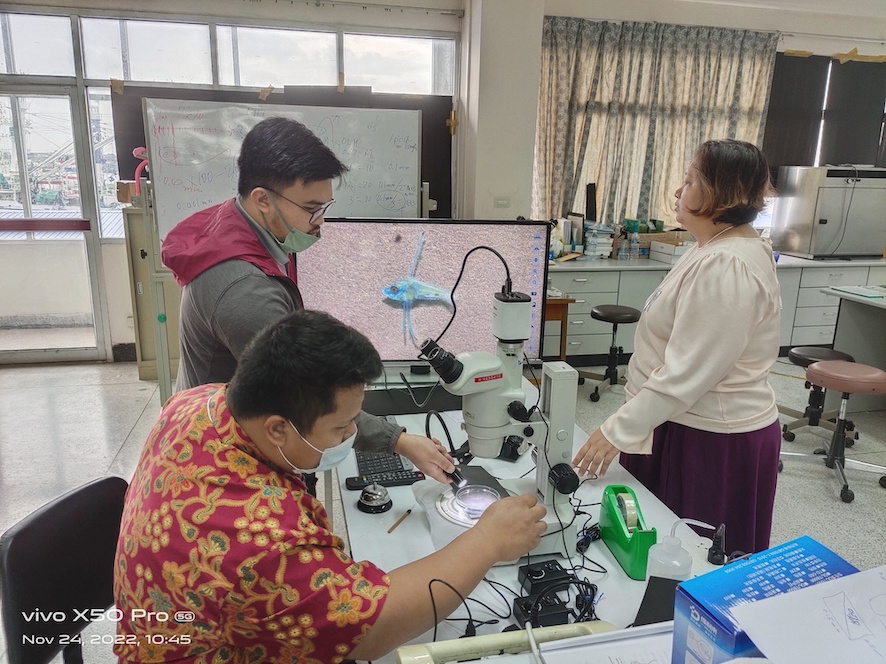
The SEAFDEC/UNEP/GEF Project on Establishment and Operation of a Regional System of Fisheries Refugia in the South China Sea and the Gulf of Thailand, in collaboration with the Research and Development Division of the SEAFDEC/Training Department, organized the Regional Training Course on Larval Fish Identification and Fish Early Life History Science from 16 to 27 November 2022. The training course, held at the Training Department in Samut Prakan/Thailand, aimed to improve fisheries biologists' knowledge and techniques to work on early life history science and identify larval fish species, considering that larval fish data are crucial in stock identification to indicate spawning locations and times and as an index of spawning stock biomass. Ichthyologists led by Dr. Yoshinobu Konishi, former scientist of the Seikai National Fisheries Research Institute, Japan, as well as other resource persons from the Department of Fisheries, Thailand; Kasetsart University, Thailand; University of the Ryukyus, Japan; and the University of Nottingham, Malaysia, joined as a team. In the end, twenty-six fisheries biologists from 8 ASEAN Member States (AMSs), including Brunei Darussalam, Cambodia, Indonesia, Lao PDR, Malaysia, Philippines, Thailand, and Viet Nam,
Read more ...Ministry of Marine Affairs and Fisheries co-hosted the RSTC7 in Jakarta, Indonesia
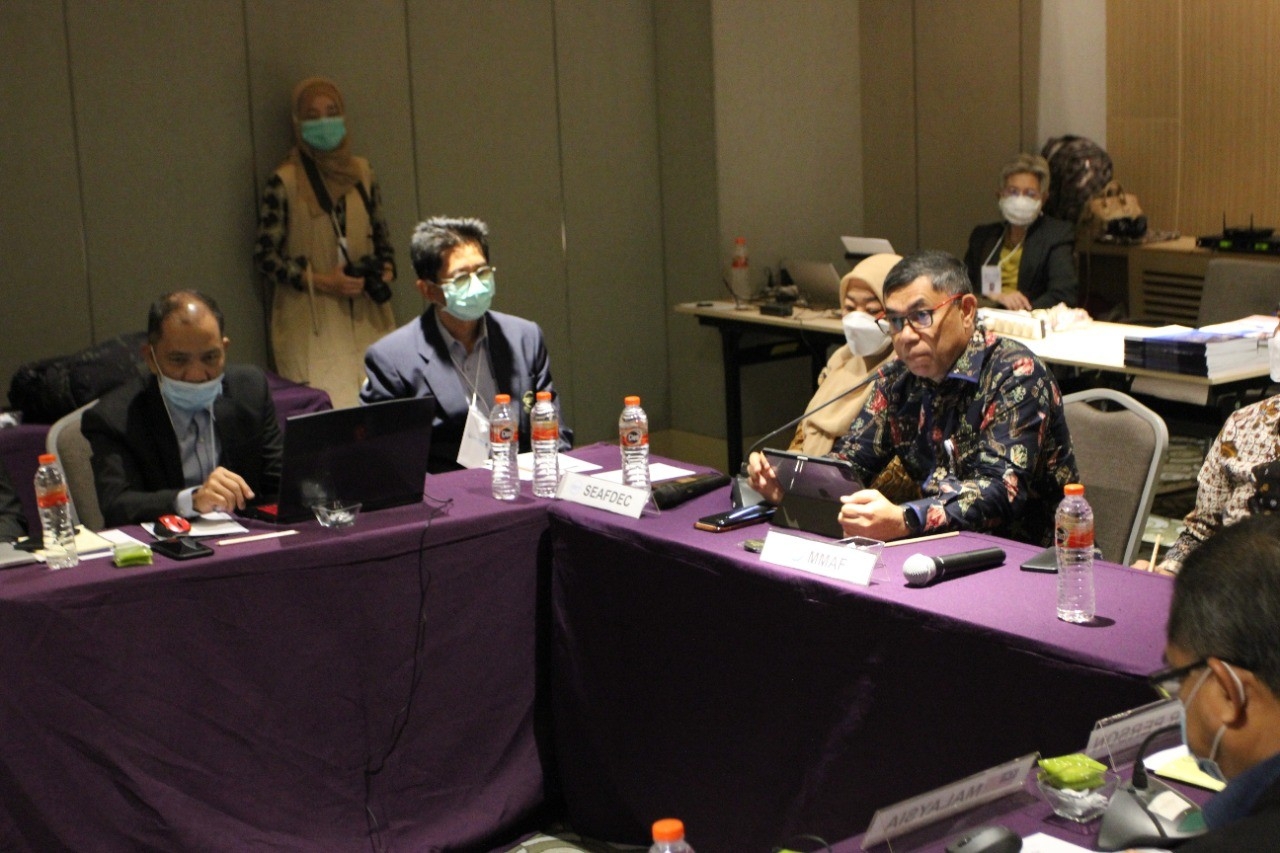
The Head of Agency for Marine and Fisheries Research and Human Resource (AMFRHR), Dr. I Nyoman Radiarta, S.Pi. M.Sc, on behalf of the Ministry of Marine Affairs and Fisheries (MMAF) and concurrently the SEAFDEC Alternate Council for Indonesia, gave a welcome and opened the 7th Meeting of the Regional Scientific and Technical Committee for the SEAFDEC/UNEP/GEF Project on Establishment and Operation of a Regional System of Fisheries Refugia in the South China Sea and Gulf of Thailand held in Jakarta from 8-10 November 2022. He stated that Southeast Asia supports food security and provides a source of income for countries bordering the South China Sea & the Gulf of Thailand, including Indonesia. He was enthusiastic about being part of the fisheries refugia project to build Southeast Asian fisheries resilience, enhance stakeholders' understanding of the interrelationship of ecosystems and fisheries, and engage in dialogue between participating countries.
Read more ...Balancing Rights through Gender Equality in the GEF Fisheries Refugia Project
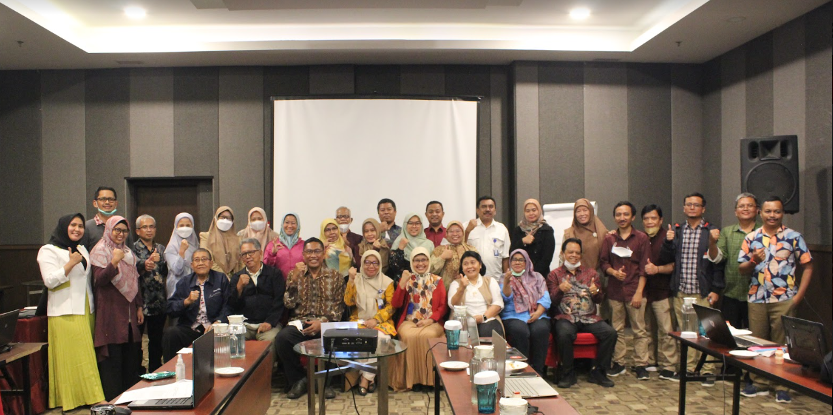
Photo: NFRDI, Philippines
The project “Establishment and Operation of a Regional System of Fisheries Refugia in the South China Sea and the Gulf of Thailand” (Fisheries Refugia Project) was implemented by the United Nations Environment Programme (UNEP) with financial support from the Global Environment Facility (GEF). The Southeast Asian Fisheries Development Center (SEAFDEC) executed the Project from 2016 to 2022 in partnership with the fisheries agencies of the riparian countries of the South China Sea area, namely: Cambodia, Indonesia, Malaysia, Philippines, Thailand, and Viet Nam.
Focused mainly on establishing a regional system of fisheries management areas (fisheries refugia) in the South China Sea and Gulf of Thailand, the Project comprises four components including 1) establishment of operational management at 15 priority fisheries refugia, with community-based refugia management plans being the key outputs; 2) strengthening of the enabling environment for the formal designation and operational management of refugia; 3) strengthening of information management and dissemination for enhancing the national uptake of best practices in integrating fisheries management and biodiversity conservation, and in improving community acceptance of area-based approaches to fisheries and coastal environmental management; and at the national level; and 4) strengthening the cross-sectorial coordination for integrated fisheries and environmental management while harnessing national scientific and technical expertise, and knowledge required to promote policy, legal and institutional reforms for fisheries refugia management in the participating countries.
Read more ...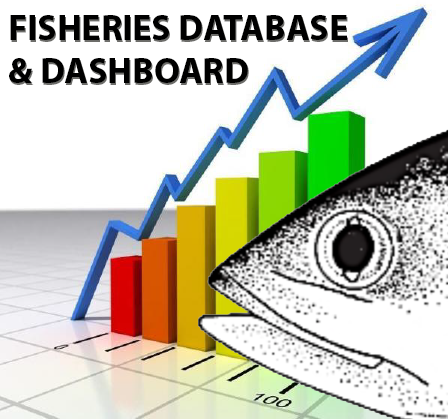
Events
The 8 th Regional Scientific and Technical Committee Meeting
DATE: 23 December 2022
LOCATION: Virtual Meeting
Download Documents Download PresentationsProject Document
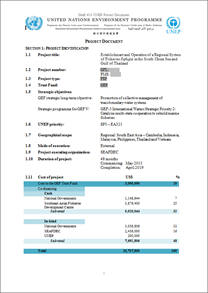
About Fisheries Refugia
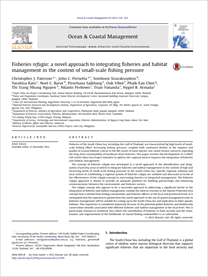
Refugia Guidelines
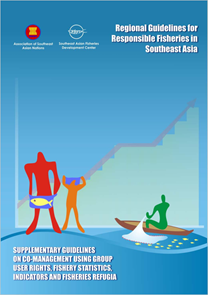
VISIT IW:LEARN
